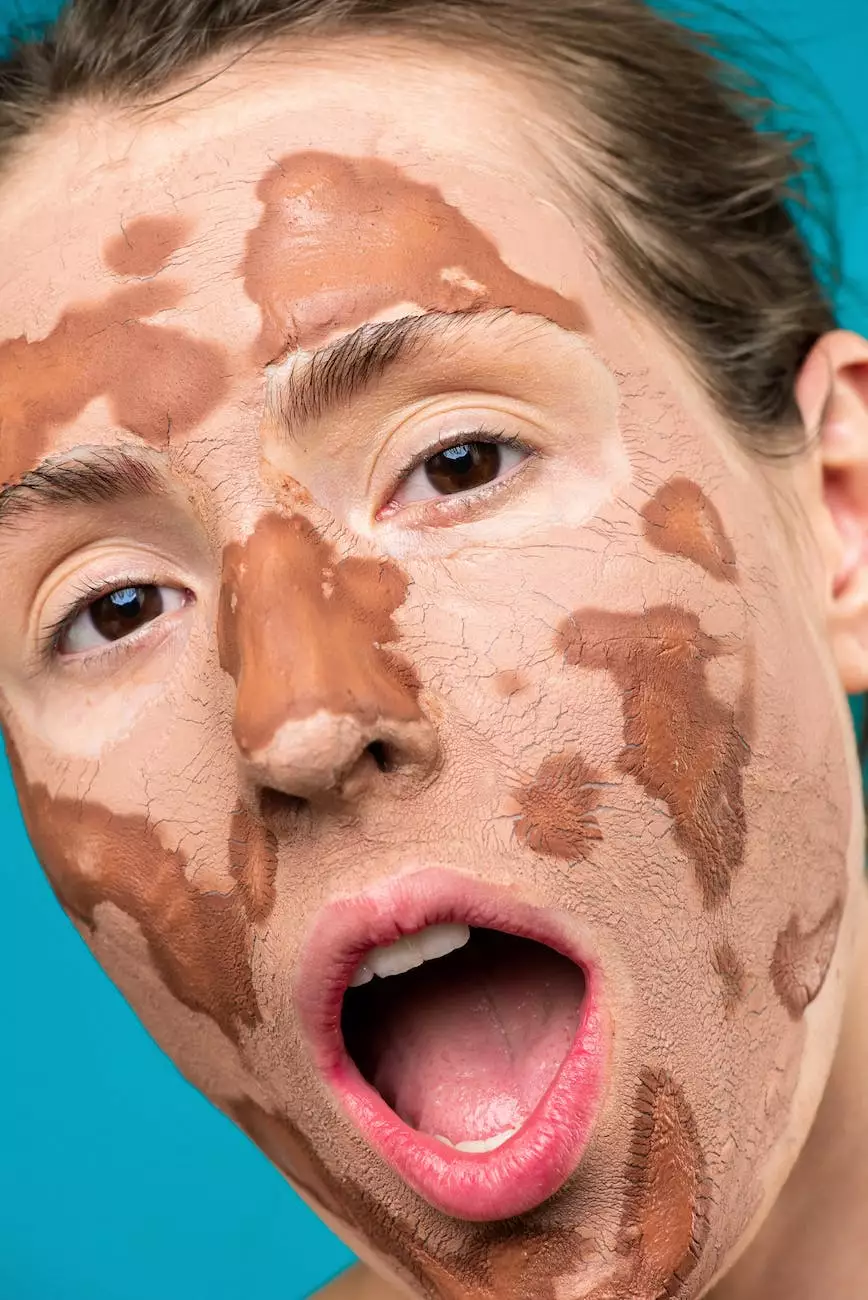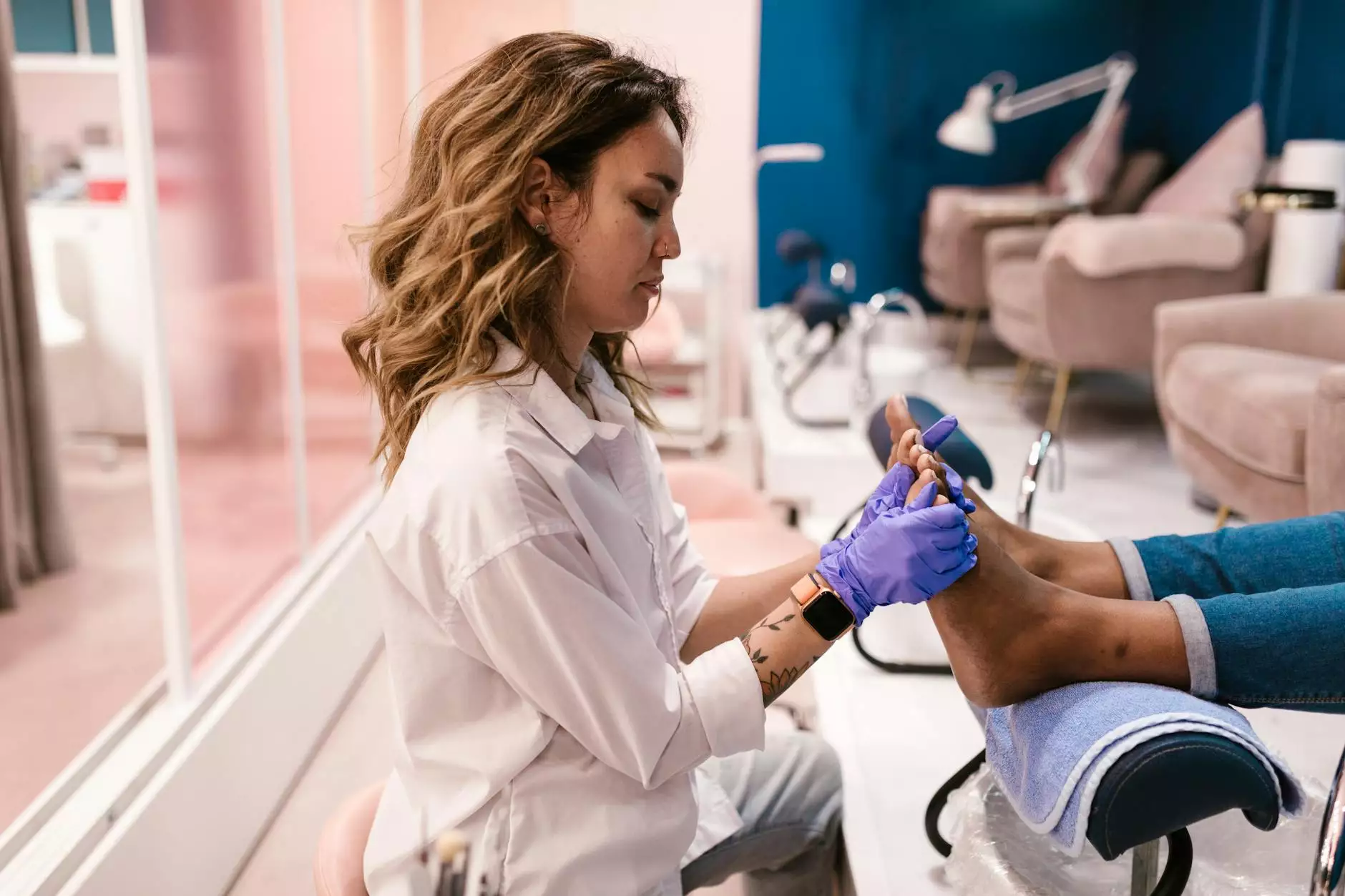Fibroids and Hair Loss

The Connection Between Fibroids and Hair Loss
Fibroids are non-cancerous growths that develop in or around the uterus. While hair loss is not typically considered a direct symptom of fibroids, there have been observed connections between these two conditions. Understanding the potential relationship between fibroids and hair loss can help individuals make informed decisions about their health.
Causes of Hair Loss Associated with Fibroids
Several factors may contribute to hair loss in individuals with fibroids:
- Hormonal Imbalance: The presence of fibroids can lead to an imbalance in hormones, such as estrogen and progesterone. Hormonal imbalances can affect hair growth and lead to hair thinning or shedding.
- Iron Deficiency: Some individuals with fibroids may experience heavy menstrual bleeding, which can result in iron deficiency. Iron deficiency anemia has been linked to hair loss.
- Stress: Dealing with the symptoms of fibroids, such as pain or discomfort, can cause emotional and physical stress. Chronic stress is known to contribute to hair loss.
- Underlying Medical Conditions: Fibroids can sometimes occur alongside other medical conditions, such as polycystic ovary syndrome (PCOS), which is also associated with hair loss.
Symptoms of Hair Loss Caused by Fibroids
Individuals experiencing hair loss in relation to fibroids may notice the following symptoms:
- Gradual thinning of the hair
- Increased hair shedding during showering or brushing
- Receding hairline or widening of the part
- Bald patches or visible scalp
- Changes in hair texture or quality
Treatment Options for Fibroids and Hair Loss
When it comes to addressing both fibroids and hair loss, seeking professional medical guidance is vital. Dr. Arthur F. Smith specializes in fibroid treatment and can provide personalized recommendations based on your specific situation.
1. Fibroid Treatment
There are various treatment options available to manage fibroids, including:
- Medications to regulate hormonal imbalances and reduce fibroid size
- Minimally invasive procedures such as uterine artery embolization or laparoscopic myomectomy
- Surgical interventions like hysterectomy
2. Hair Loss Treatment
In addition to treating fibroids, addressing hair loss may involve:
- Treating underlying nutrient deficiencies through proper diet and supplementation, especially iron
- Topical treatments containing minoxidil to promote hair regrowth
- Evaluating and managing stress levels through relaxation techniques or counseling
- Consulting a dermatologist specializing in hair disorders for further evaluation and treatment options
Conclusion
While fibroids and hair loss can be distressing, understanding the potential connections between them allows individuals to seek appropriate treatment and support. Dr. Arthur F. Smith, MD, a reputable healthcare provider in the field of fibroid treatment, offers comprehensive solutions to address both fibroids and associated hair loss. By seeking professional guidance and developing personalized treatment plans, individuals can take positive steps towards restoring their overall health and well-being.




